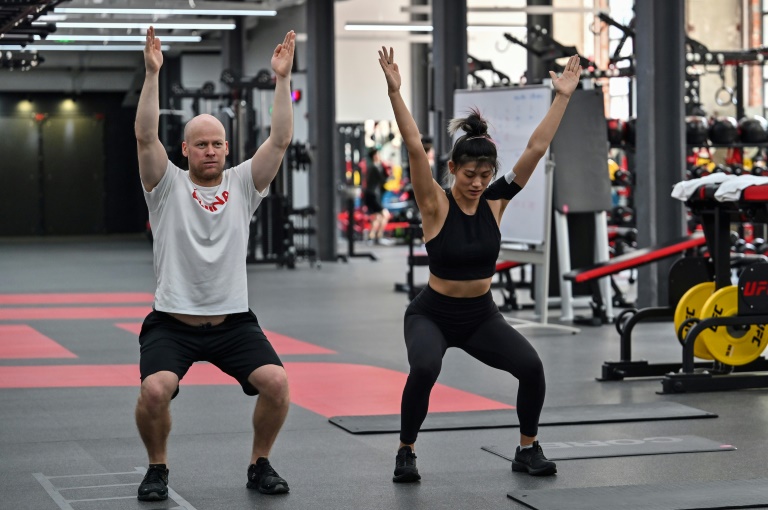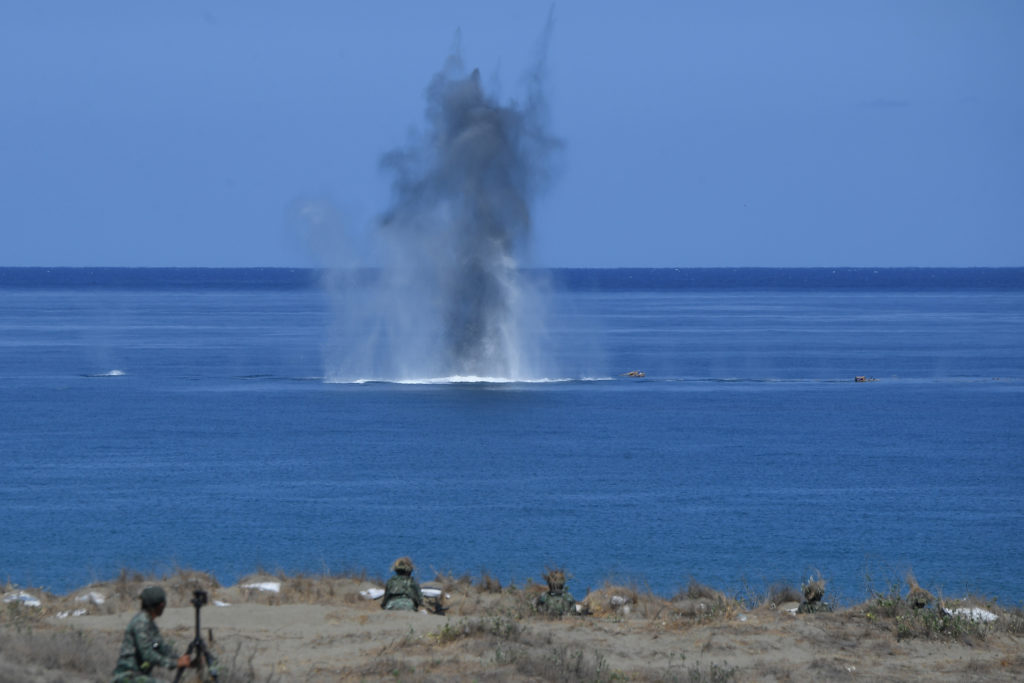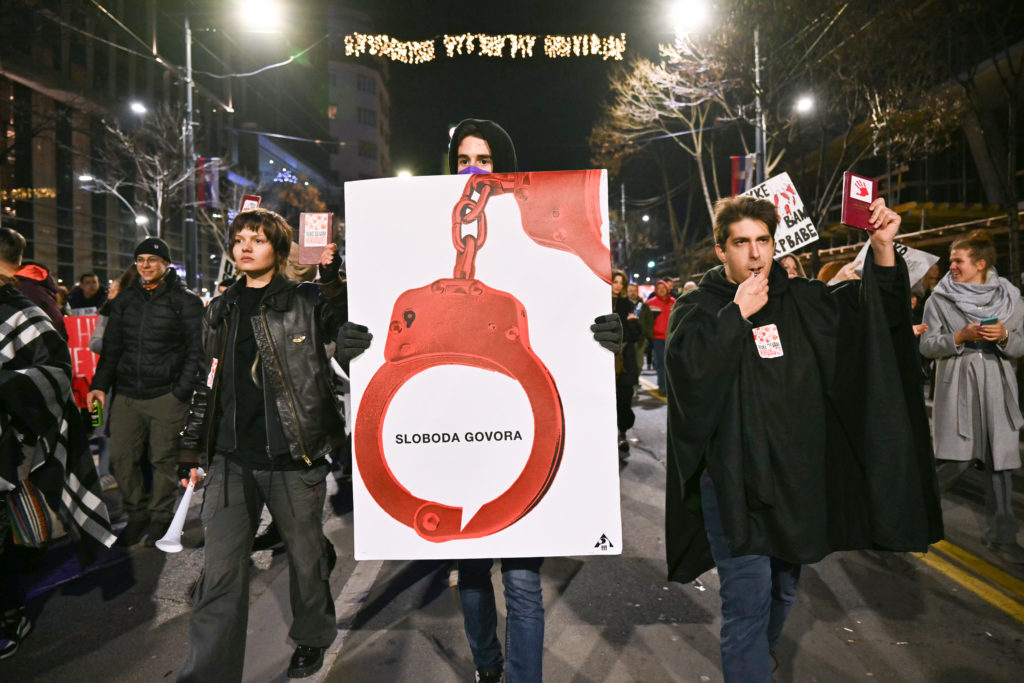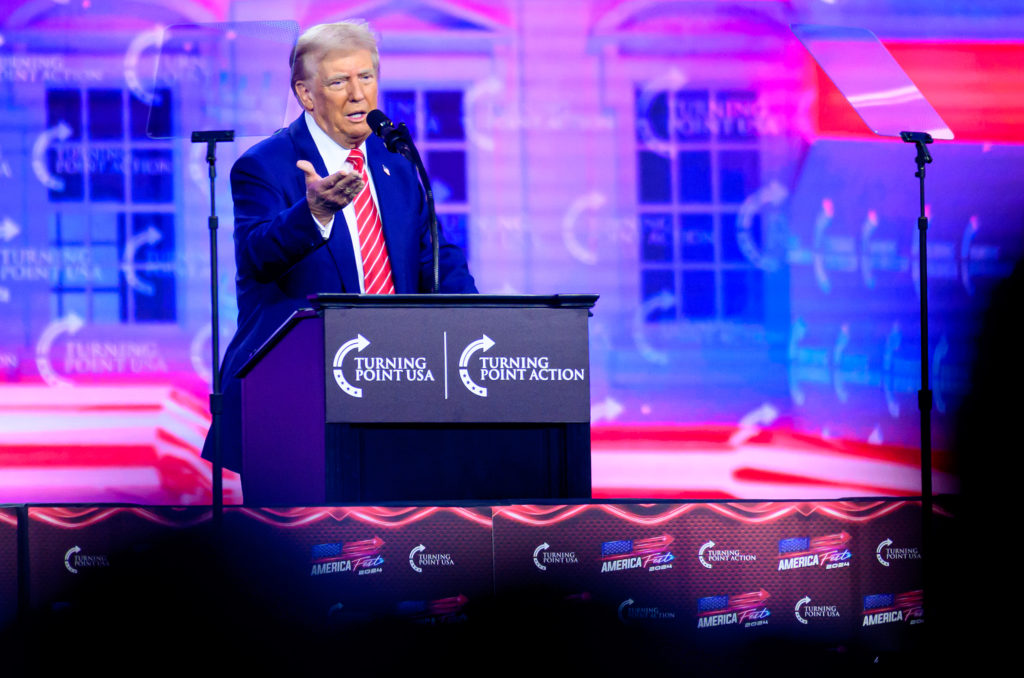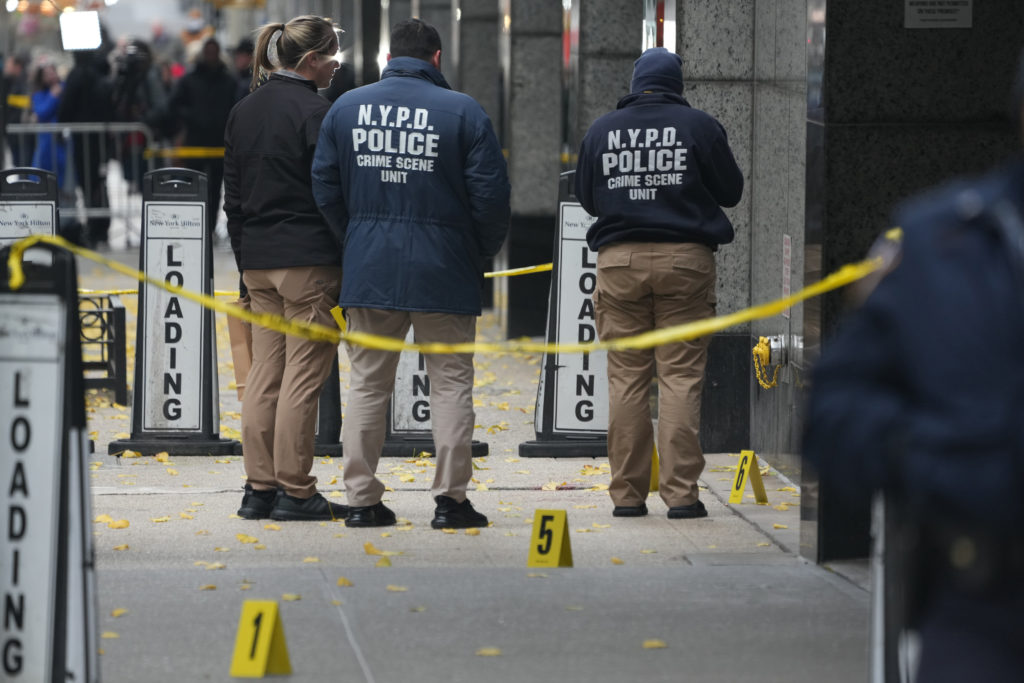Chinese Olympic snowboarders Liu Jiayu and Cai Xuetong had a plan: compete against the world’s best and peak for the Beijing Winter Games, going for gold at home. Then the pandemic happened.
Prevented by China sports authorities from competing abroad for safety reasons, they have endured what Cai calls a “really difficult” stretch.
“It’s not (been) the normal snowboarder’s life. We always travel to different countries, doing a lot of competition, but last season was totally off,” said Cai.
But the two athletes — among China’s top medal hopefuls in Beijing 2022 — are maintaining their edge at the Shanghai training and sports science centre of the Ultimate Fighting Championship (UFC), the US-based mixed martial arts promotion.
No punches are being thrown but the pair, both in their late 20s, are undergoing a tough daily regime of customised strength, conditioning and nutrition, all governed by data-driven performance assessments aimed at identifying and shoring up any physical weak spots.
Their experience highlights not only the persistent challenges posed to elite athletes by the pandemic, but also Chinese sports authorities’ willingness to think outside the box.
A long-term partnership between the UFC and the Chinese Olympic Committee was first announced a year ago, as China’s state-run sports system seeks ways to stay competitive within a movement that is constantly evolving with new sports and advanced performance data increasingly playing a role.
Despite the image of a monolithic, closed Chinese sports apparatus, it is not unusual for China to seek best practices from outside, said Kevin Chang, head of Asia-Pacific for the UFC.
“I think at the end of the day, they’re looking for advantages, just like everybody else,” Chang said.
The UFC’s Performance Institute Shanghai was opened in 2019 to groom Asian mixed martial artists.
So far, however, dozens of Chinese Olympic athletes have also come through, ranging from obvious candidates such as wrestlers and judoka to swimmers, cyclists, windsurfers and speed skaters.
The facility conducts detailed “intake assessments” of athletes, measuring everything from muscle mass to body fat, bone density and metabolic rates, plus comprehensive strength and agility tests.
– Frozen in place –
For Liu and Cai, it is about making the best of a less-than-ideal situation.
Both are former world champions and perennially among the world’s top-ranked competitors in the half-pipe.
Liu soared to silver at the 2018 Pyeongchang Games and both were figured to make a run for gold in Beijing.
But China’s pandemic safety protocols for its athletes have kept them out of overseas competitions over the past year.
“It’s quite tough because we can’t get on snow (for) enough time. That’s very bad for a snowboarder,” said Liu.
It is especially disappointing for Chinese Winter Olympians who hope that winning medals on home soil can fuel greater interest in their sports in China, where winter recreation remains in its infancy.
“I think that’s such a big honour (that) I have in my life,” said Liu.
She has thrown herself into the UFC training.
“I have to kick my ass. Go hard as I can.”
Without competition overseas, both have had to fill time in other ways.
Liu has focused on designing her own line of goggles, while Cai has thrown herself into documentaries and TV shows — she just finished the popular Netflix series “Shameless”.
Both said the individually tailored programmes during their 10-week stay in Shanghai were a welcome change from the group training typically favoured by China’s Olympic officials.
Liu, who confidently predicts a golden performance in Beijing, says everything — even the pandemic — happens for a reason.
Such setbacks help an athlete to “find out if you really like something or not”, she said.
“If you are really into a sport, you will continue no matter what happens.”

